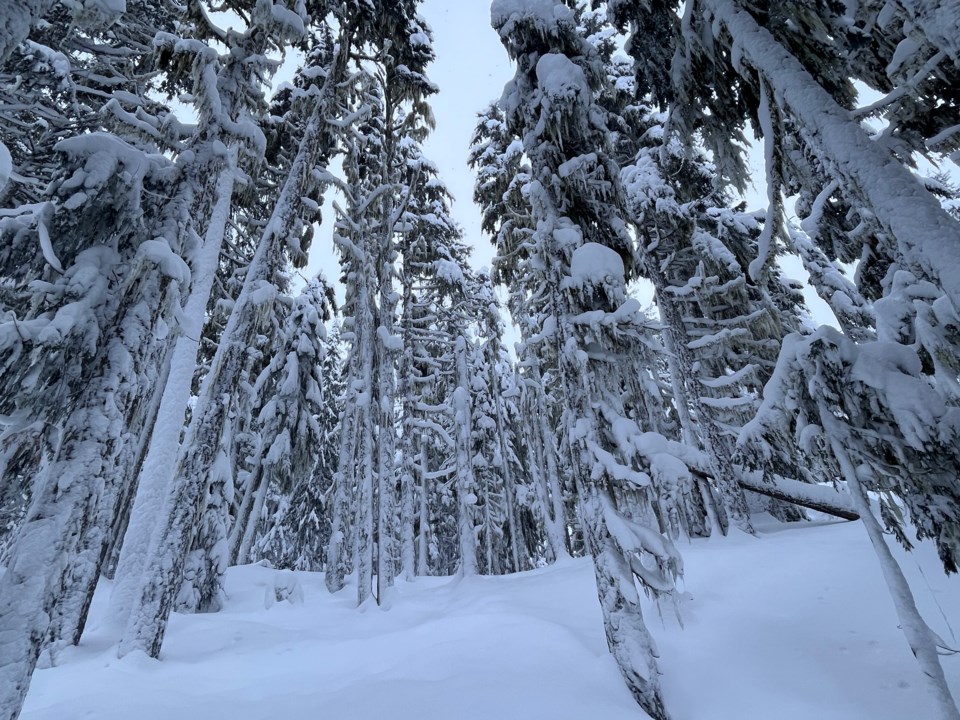Changing weather conditions and high avalanche risk warnings have kept the Whistler Search and Rescue (WSAR) team idle in a welcome change to typical March conditions.
“Things have quieted down here for the last two weeks,” said WSAR president, Brad Sills.
“We’ve only been out once—I’m not sure if it's a reflection of how busy the resort actually is or not, but it's unseasonably quiet right at the moment.”
The one call was to recover a snowmobiler who injured their knee in the Brandywine area. They were successfully recovered with no issues.
The single call was a far-cry from normal March conditions, Sills said.
“March is our busiest month,” he said. “It started off really busy, but died down. I think the big snowfall that we had and the amount of warnings that the CAA (Canadian Avalanche Association) put out were very effective in raising people's awareness about what was an appropriate recreational activity.”
Indeed the outdoor recreators of the Sea to Sky were rewarded for their patience with a hefty dump of snow in January and another in late February that made conditions favourable to head out—but warmer temperatures in March increased avalanche risks across the region.
Conditions were so warm the ski-patrol team closed portions of the alpine in-bounds to safeguard against the danger of avalanches, making the out-of-bounds options even sketchier by comparison.
Sills said the low number of call-outs, combined with the low number of fatalities Canada-wide from avalanches, is great news.
“Whether that’s a reflection entirely of a low-snow year, or years and years of public education actually paying off … it would be great if that was the case.”
Avalanche Canada’s statistics record only five deaths related to avalanches for the 2023-24 season, compared to 15 in 2022-23.
Looking ahead, Sills said WSAR is already shifting gears to get ready for summer operations, as warmer conditions on the horizon point to a tapering season of winter activities.




